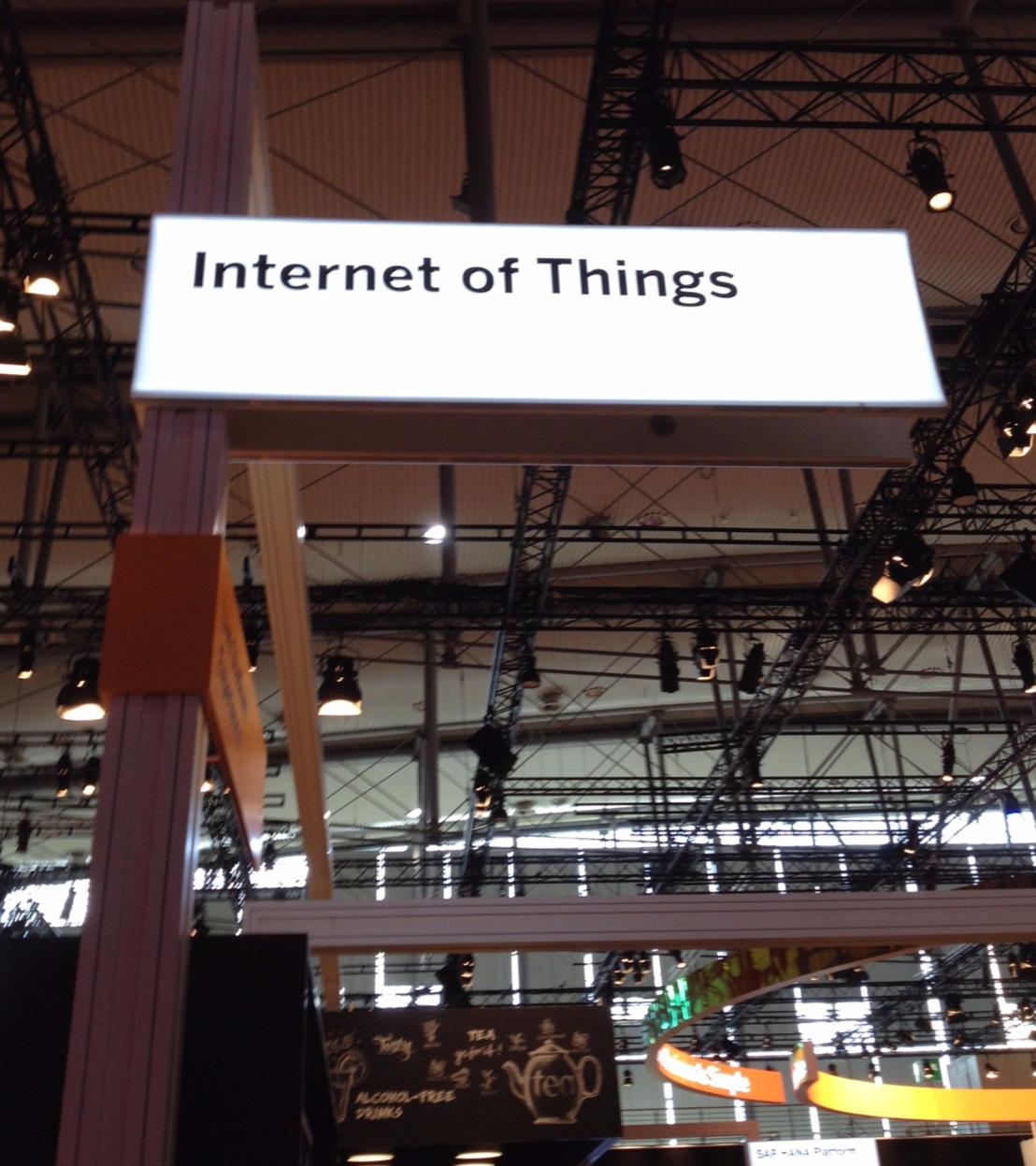Source: iotbusinessnews.com
The trucking industry, and the logistics that keep it running, have become fundamental to the success of supply chains, both nationally and internationally. Without those supply chains running smoothly, allowing for just-in-time orders and millions of successful daily deliveries, industries of all types would grind to a halt. The Brexit situation, with Great Britain withdrawing from the European Union, is a perfect example of the kind of chaos a broken supply chain can create.
Issues such as Brexit may have highlighted how important the trucking industry is, yet geo-political issues such as this are far from the only challenges currently facing freight and haulage, with market demands shifting quickly, and shipments growing accordingly. These issues have put trucking front and center in the eyes of those seeking industry disruption, and seismic changes to the way trucking works. As with so many transformations to the industrial landscape underway, it’s the Internet of Things (IoT), AI, and robotics leading the way and providing truly remarkable solutions to ever-growing problems.
A New Renaissance for the Trucking Industry?
Artificial intelligence, advanced robotics, and the Internet of Things are proving indispensable to the advancement of the trucking industry in the 21st century. While automated cars have dominated headlines in recent years, most analysts – quite reasonably – believe that it will be freight trucks which will be the first fully-automated vehicles in regular use on the roads. Once an AI-driven long-haul industry is in place, it’s not difficult to imagine the rest of the automotive industry catching up.
Reactions to such projections are mixed. While up to 65% of transport executives hail automation and IoT-driven trucking as nothing short of a renaissance for the industry, there are legitimate concerns that overshadow the excitement. First, there is a real risk of job losses – a common fear whenever AI is mentioned. Furthermore, there are legitimate security concerns regarding the onboard cybernetworks of autonomous trucks being hacked by cybercriminals, something which has been mitigated by innovations in the realm of anonymity networks, which can be adapted to autonomous vehicles.
Let’s take a closer look at five ways on which IoT and AI technology is transforming the trucking industry and consider the benefits to the business of just-in-time trucking and logistics.
1. Self-Driving Trucks are Safer
Perhaps the most convincing of all the arguments in support of the (seemingly unstoppable) rise of automated vehicles, both trucks and private cars, is the fact autonomous vehicles and AI-driven trucks are safer for everyone. Long-distance routes that demand long hours of high-intensity focus and alertness are dangerous for both the truck driver and those they encounter on the road. Reliable and accurate AI systems help reduce the risk of accidents, while alleviating pressures on drivers.
The trucking industry is in the midst of a personnel shortage. It’s a hard job. Fewer people are attracted to it, while the demand for haulage continues to increase. More autonomous trucks wouldn’t merely increase staff safety, they’d also help resolve capacity issues. Currently, autonomous trucks still require human drivers in the cockpit. However, as the robot systems become more skilled on their routes, a future of completely driverless fleets of trucks is easily foreseeable.
2. Staying on Top of Your Fleet
The trucking industry’s key expenses are obvious ones, such as fuel, insurance, and drivers’ wages. By tracking the locations, driving habits, and speed of the trucks in a fleet, expenses can be more successfully and efficiently managed. A combination of Big Data, AI, and IoT devices makes this happen more easily and accurately than ever before and requires little more effort than each driver having an ELD (electronic logging device) as part of their smartphone setup.
3. Fewer Repairs, Better Bottom Lines
IoT technology already plays a key role when it comes to overseeing the performance of factory equipment in the manufacturing industry, highlighting when parts need replacing, and keeping an eye on the smooth running of key components. There’s no reason why the same IoT data and technology shouldn’t be applied to the trucking industry by utilizing sensors that detect issues before they arise or recognize when vehicles need servicing.
This is a particularly attractive notion for trucking business owners and investors. Most trucking companies run up mountainous annual repair bills, as high as $15,000 per vehicle, plus another $4,000 for tires. Many of the issues that arise could have been spotted earlier. Cast in this light, smart trucks would save an immense amount of money while creating safer, more efficient fleets at the same time.
This aspect of AI, called predictive maintenance, allows problems to be addressed before they become severe (and more expensive), generating both peace of mind and a better ROI in the process. It’s no wonder that almost 90% of trucking business owners firmly believe that IoT technology is fundamental to their future success.
4. Keeping Shipments in Good Condition
Sensitive cargo, such as plants and flowers or time-sensitive perishable goods, have long been a source of headaches for the entire industry. IoT technology can automatically adjust variables like temperature and humidity in order to ensure optimal conditions for such cargo. Furthermore, it can help drivers select the best routes, taking into account road conditions, construction zones, and accidents to a timely and well-preserved delivery, both of which are critical for consistently happy customers.
In the home package delivery industry (UPS and FedEx), we’ve already seen how the ability to track packages leads to increased customer satisfaction. AI and IoT advancements allow this same functionality to be applied to commercial trucking. This industry, as much as any, can use all the trust it can find in order to future proof it for decades to come.
5. Greater Efficiency in Loading and Unloading Cargo
Last-mile deliveries and just-in-time services are on the increase, which means that every second makes a difference in logistic success rates. Robots working alongside personnel in warehouses, or working independently and fully-automated, have already made significant improvements in efficiency and time-saving procedures.
Speedier loading and unloading times allow trucks to complete more orders in a day. We’re already seeing the latest robotics technologies implemented in warehouses run by companies such as FedEx, with impressive results. Automation in the warehouse is another way to mitigate issues caused by worker shortages, and another key investment area which could save the industry millions.
IoT in the Trucking Industry: Endless Potential
There’s no questioning the fact that robotics, IoT, and AI have and will continue to cause disruption in the trucking industry, helping business owners save time and money, while staying on top of a rapidly changing and often unpredictable sector. Data-driven and tech-centric developments have been the catalysts for the digital transformation currently underway within trucking. From all indications, it appears as though the industry will act as a bellwether for the future of automated vehicles and logistics in general.
While many of the technological advances predicted for the trucking industry remain in the earliest stages, it’s clear that the business of trucking has responded positively, and is quick to adopt the latest IoT developments. With the potential to become a bonafide high-tech sector, the trucking industry plans to keep breaking new technological ground.


